E3 is dead. Again. Probably for good this time, given the circumstances. A lot of people have a lot of feelings—a weird thing for regular folks to have, since this was an industry trade show—but one thing we should be remembering through all the tributes and dunks is that E3 didn’t mismanage its way into oblivion. Its demise is exactly what the world’s biggest video game companies wanted.
Yes, it had its problems that were its own doing, regardless of who was organising the show. Downtown LA sucks. The show’s industry-only focus gave it a sheen that was always a little too uncomfortable to be around. It could never reconcile whether it wanted to be a trade show for developers and retailers or an announcement fest for the world’s media. Downtown LA sucks.
What started killing the show, though, wasn’t any of those things. Those things were inconveniences for those attending, which those of you reading/watching from home could not have given half a shit about. E3 started dying when major companies like Nintendo and Sony began reducing their presence there, or pulling out entirely, and that had nothing to do with the limited dining options available around the Los Angeles Convention Center.
Those companies, from platform holders to major publishers, the real stars of the E3 experience, weren’t really presenters at a trade show. They were gladiators. At its peak—whenever you think that was across its various locations and decades—E3 ran for just a handful of days, but in that time hundreds of major announcements would be made, from new hardware to AAA reveals, and each of them would be vying for the public’s attention. If there was one thing that defined E3 beyond “press conferences”, it would be that every event, and every show, had its own list of “winners” and “losers”, drawn up by forum posters and international media alike. The “winners” could bask in the glory and leverage it for increased exposure and sales, while the “losers” might risk sinking into oblivion.
G/O Media may get a commission
Why on earth would any major company want to risk being a gladiator? Why would they look at a scenario where the success of their billion-dollar enterprise could be threatened by some kids deciding a game trailer or new hardware feature was “meh”? Why would they bother sitting down with games press to answer questions when they could just send out press releases?
It’s no surprise that major companies bailing on E3 killed it off. What’s surprising is that it didn’t happen a lot sooner! Like we’ve said before, there’s nothing major video games companies like more than being able to control the entire process of making a sale, from announcement to pre-order. Everything standing in the way of those sales is an obstacle to overcome, and so if E3 was presenting the risk of their games being overshadowed by their competitor’s, then of course they were going to walk away, and when enough companies walked away the show was never going to survive.
They don’t need to pay for big E3 press conferences anymore, they can just film their own presentations and show them on a day when there’s no competing news. They don’t need to walk journalists around for three days answering questions that may be occasionally uncomfortable when they can just get influencers to hype their games live on Twitch and YouTube. And every time they’re doing this, an incentive to pre-order their product—often from their own online store—isn’t far away. The feeding ramp is polished to a mirror sheen.

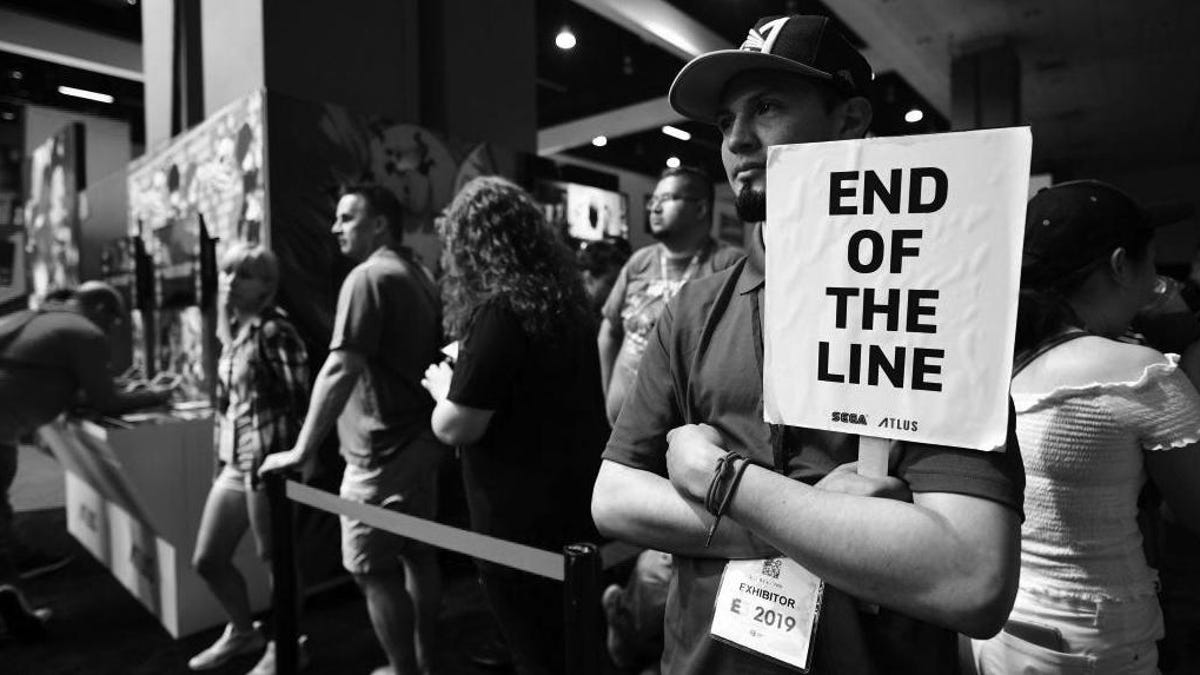
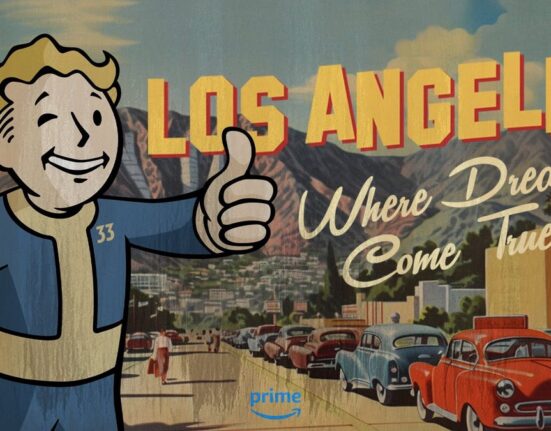

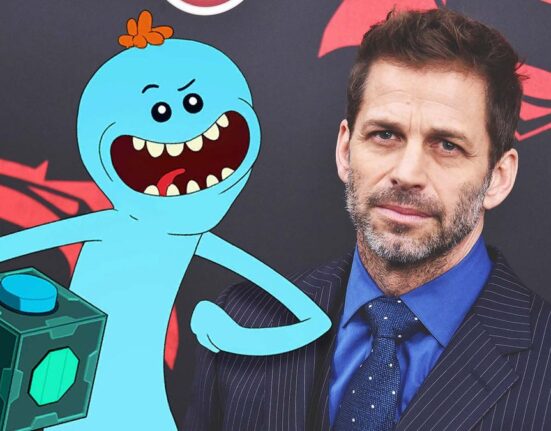
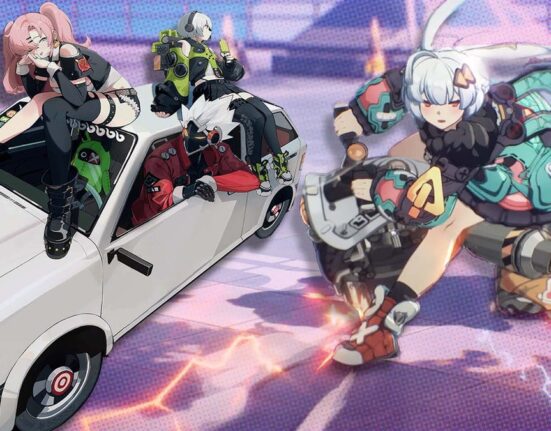
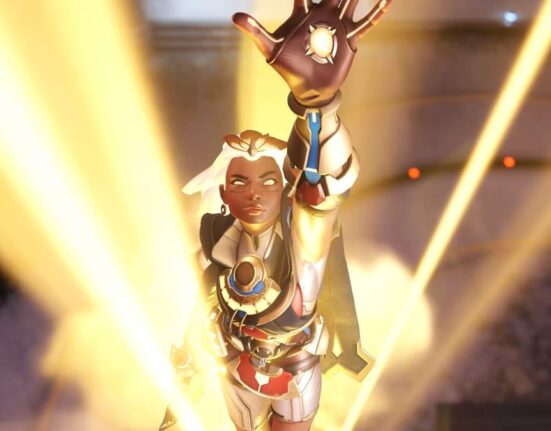
Leave feedback about this